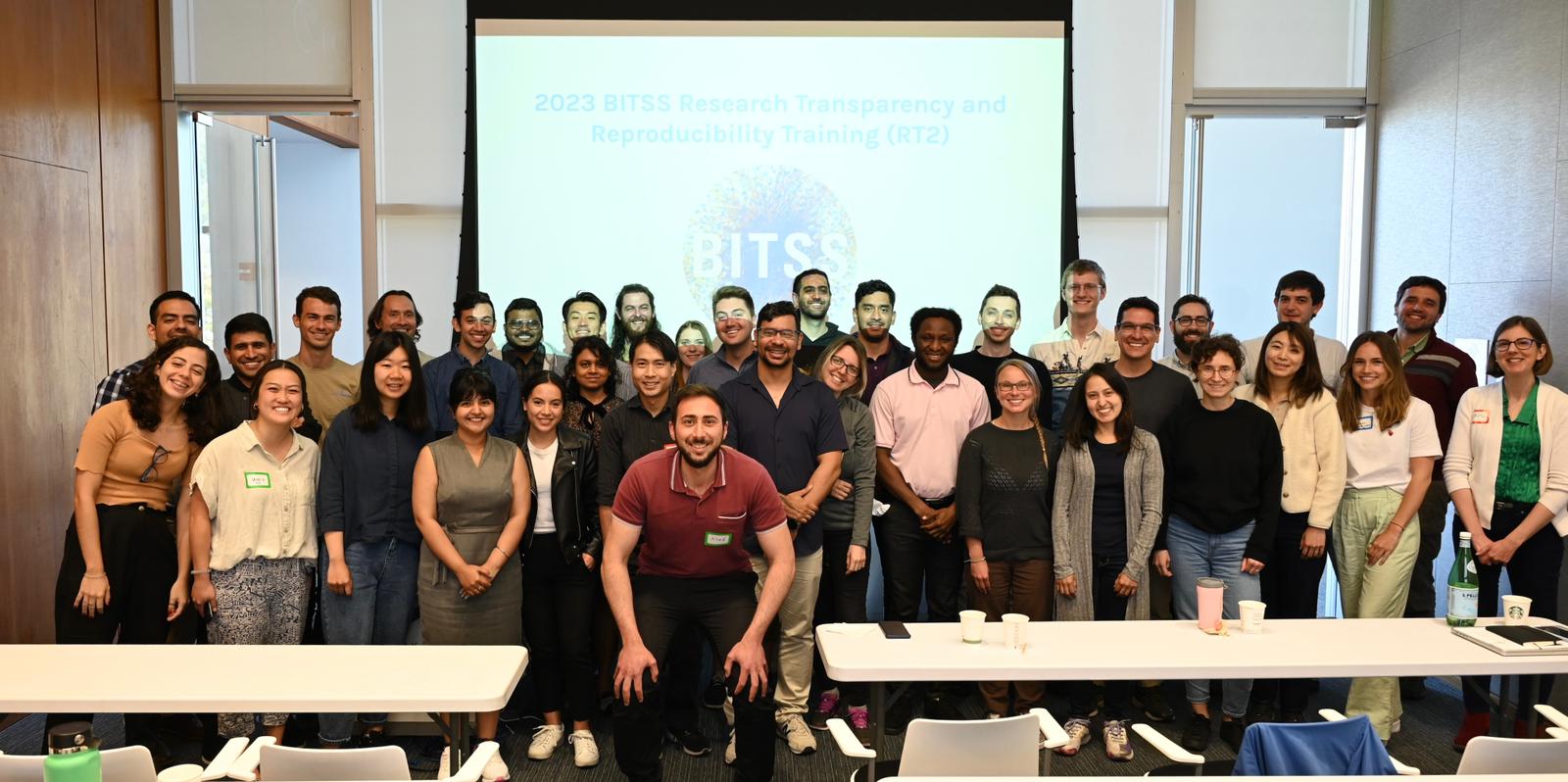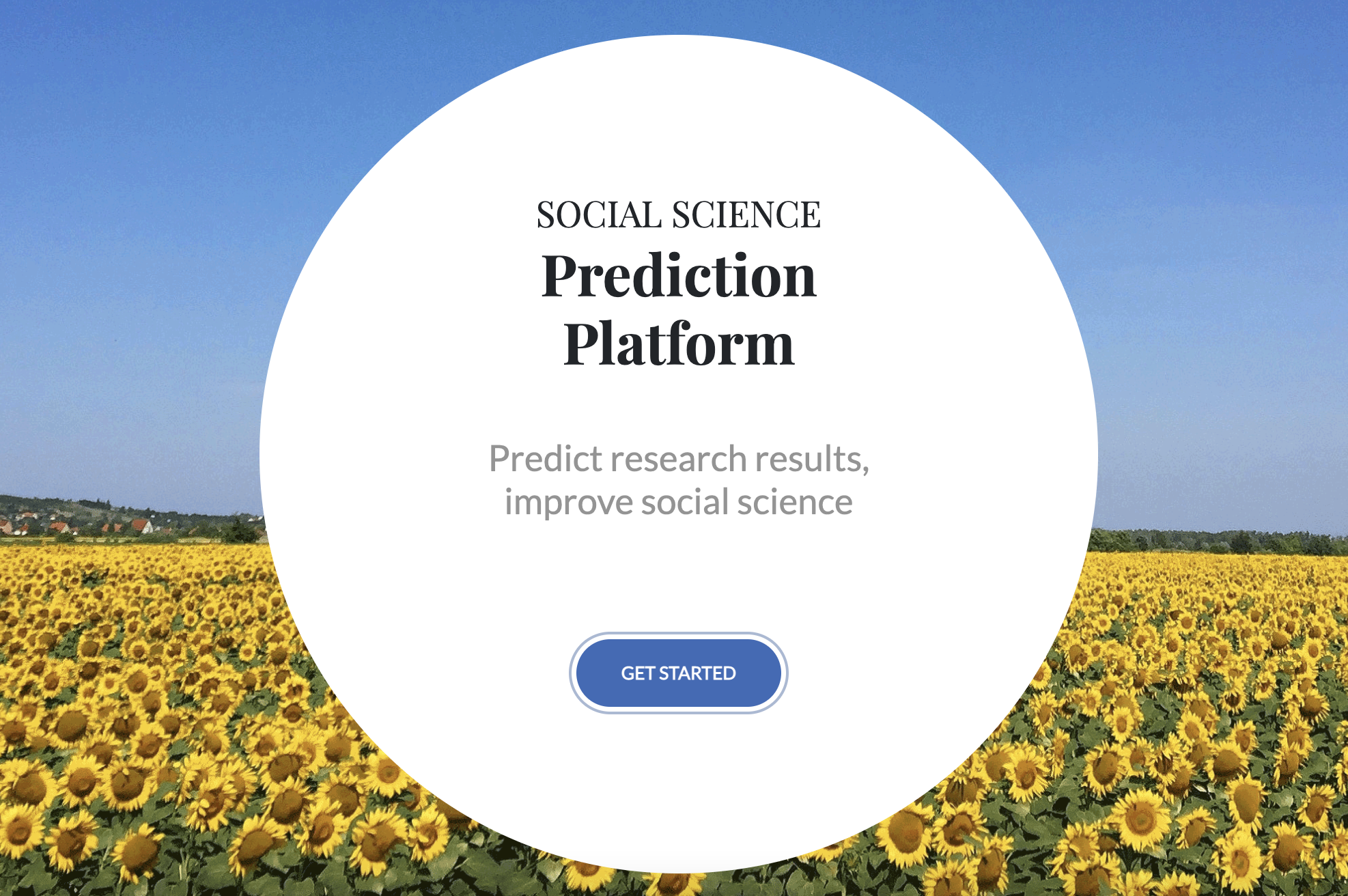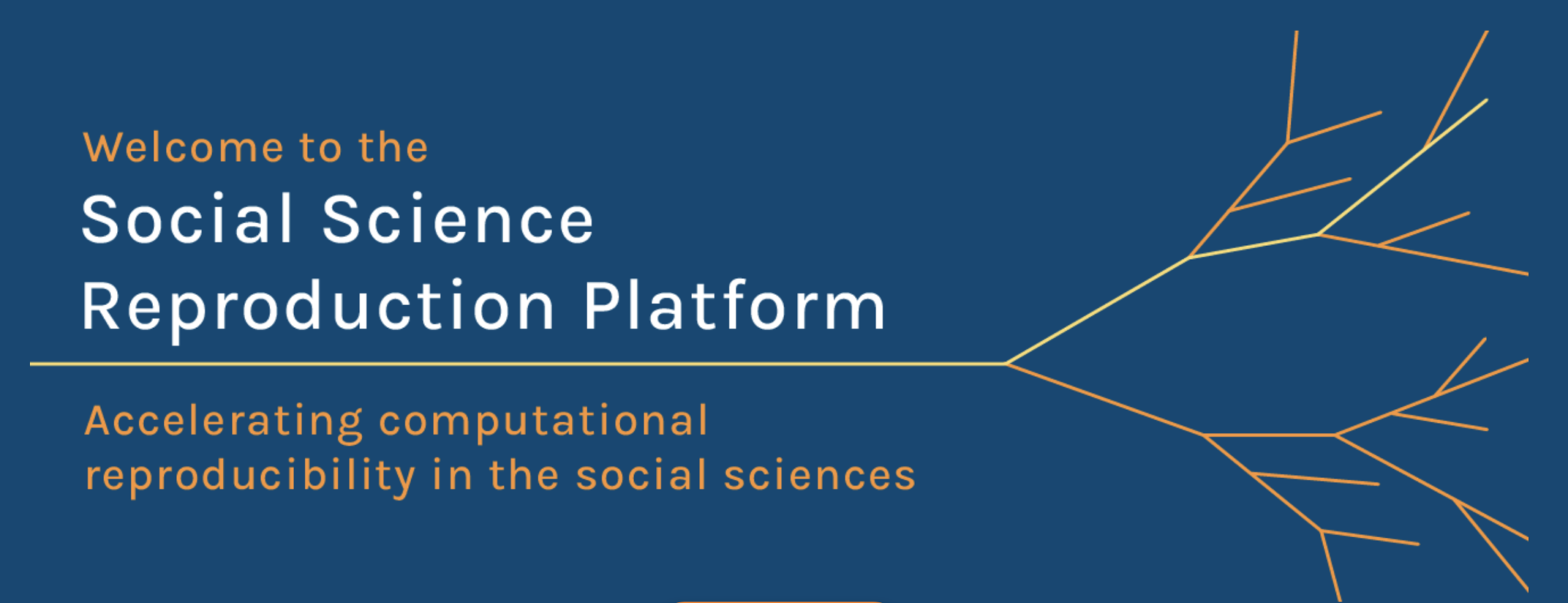
Berkeley Initiative for Transparency in the Social Sciences
Motivation
A startling lack of reproducibility has been exposed across bodies of literature in psychology, economics, political science, sociology, and the health sciences. This is due partly to a lack of transparency, including selective reporting of results and failures to share underlying analysis plans, data, and code. Academic norms and incentives also encourage researchers to present results in ways that are newsworthy but not necessarily reproducible, leading to both unintended and intended obfuscation — failures to disclose all hypothesis-testing strategies used to generate results, specification searching, and the “file drawer problem” are well-documented across social science disciplines.
At the same time, growing demand for evidence-based policy has created an imperative to increase the rigor, reliability, and transparency of scientific research. The Berkeley Initiative for Transparency in the Social Sciences (BITSS) strengthens the integrity of evidence used for policy-making and drives the evolution of scientific norms through research, training, and institutional support.
Activities
Established in 2012, the Berkeley Initiative for Transparency in the Social Sciences (BITSS) is a growing, interdisciplinary network of researchers and institutions committed to improving scientific integrity through the promotion of transparent and reproducible research practices. Through funded and conducted research projects, trainings, and dissemination events, BITSS works to identify best practices and useful tools for ethical and rigorous data collection, analysis, and reporting. These include study registries, pre-analysis plans, disclosure standards, version control and data sharing platforms, replication projects, protocols for returning results to research participants, and more. Recognizing that stricter research standards may introduce new barriers for underrepresented researchers, we prioritize justice, equity, diversity, and inclusion in our work.
BITSS’s activities are guided by a three-pillared approach:
- Generate evidence on problems and solutions in science through meta-research led by BITSS investigators and our broader community.
- Increase access to open science education, building capacity to recognize and conduct transparent and reproducible science through training, access to curricula, financial support, and a growing network of advocates and allies. In addition to our Research Transparency and Reproducibility Trainings (RT2), we harness our network of Catalysts to scale-up education on research transparency. We’ve also produced a Massive Open Online Course, Manual of Best Practices, and a textbook.
- Strengthen the scientific ecosystem, enabling researchers and institutions to effectively and equitably change norms at scale through open science policy and protocol development.
Research Highlights
While open science practices are increasingly prescribed in the social sciences, much about the take-up of these practices remains unknown. From 2018 to 2020, CEGA Faculty Co-Director Edward Miguel, Joel Ferguson, Elizabeth Levy Paluck, and co-authors used the “State of Social Science (3S)” survey to document the use of open science tools across economics, political science, psychology, and sociology. Their findings, published in Nature Communications, suggest that use of open science tools and practices is growing: 87% of social science researchers had pre-registered a study, shared data, or shared study instruments, up from 49% of researchers in 2010.
In Fall 2023, BITSS received funding for a novel, interdisciplinary project investigating the practice of returning research results to respondent communities in development economics. The project will document existing norms around dissemination to participants in the social sciences and survey development economists and African research participants. Findings will be used to inform new standards around how results from Randomized Controlled Trials (RCTs) are shared with participants on the African continent.













